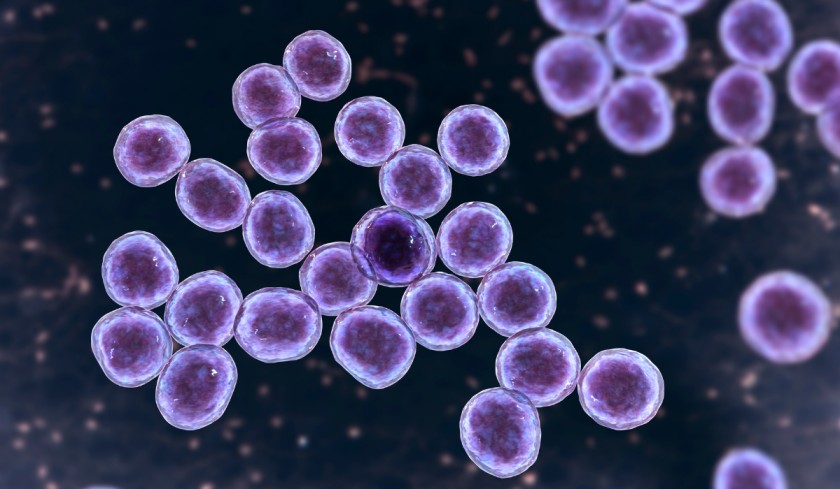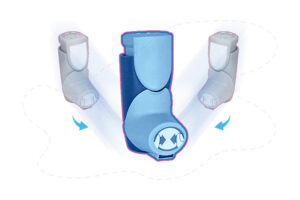Microbial cell line development is a rapidly evolving field within biotechnology and biomanufacturing, driven by technological advancements, increasing demand for biopharmaceuticals, and sustainability considerations. As we look ahead, several key trends are shaping the future landscape of microbial cell line development and its applications in biomanufacturing. This article explores these trends and their potential implications for the industry.
Advancements in Genetic Engineering
Genetic engineering plays a pivotal role in enhancing microbial cell lines for biomanufacturing. Future trends suggest a continued focus on developing novel genetic tools and techniques to optimize production strains. This includes CRISPR-Cas9 technology for precise genome editing, synthetic biology approaches for pathway engineering, and high-throughput screening methods to identify superior cell line candidates.
Multi-omics Integration
The integration of multi-omics data—genomics, transcriptomics, proteomics, and metabolomics—offers deeper insights into microbial cell physiology and performance. Future trends will leverage advanced bioinformatics and computational modeling to analyze complex datasets, predict cellular behavior, and engineer microbial strains with enhanced productivity, robustness, and product quality.
High-Throughput Screening and Automation
To expedite microbial cell line development, there is a growing trend towards high-throughput screening (HTS) and automation technologies. These enable rapid evaluation of large libraries of microbial strains or variants for desired traits such as productivity, protein quality, and metabolic efficiency. Automated platforms for fermentation, purification, and analytics further streamline biomanufacturing processes, reducing time-to-market and operational costs.
Cell-Free Biomanufacturing Systems
Cell-free biomanufacturing systems represent a paradigm shift in microbial production technologies. These systems utilize cell extracts or synthetic biology components to perform biochemical reactions outside of intact cells. Future trends will focus on optimizing cell-free systems for complex biopharmaceutical production, enabling rapid prototyping, customizable production pathways, and enhanced scalability.
Application Diversification
Microbial cell lines are increasingly employed beyond traditional biopharmaceuticals. Future trends indicate their application in producing biofuels, biochemicals, sustainable materials, and agricultural products. Advances in metabolic engineering and synthetic biology will drive the diversification of microbial cell line platforms, catering to diverse industrial and environmental challenges.
Sustainability and Environmental Impact
Environmental sustainability is a growing concern in biomanufacturing. Future trends emphasize the development of microbial cell lines with reduced environmental footprint, such as strains optimized for efficient resource utilization, minimal waste generation, and lower energy consumption. Bioprocess engineering innovations will contribute to sustainable practices in microbial biotechnology.
Regulatory and Quality Considerations
As microbial cell line technologies evolve, regulatory agencies will adapt guidelines to ensure product safety, efficacy, and consistency. Future trends include harmonizing regulatory frameworks globally, facilitating faster approval processes for microbial-derived products, and establishing quality control standards that meet industry and regulatory expectations.
Collaboration and Open Innovation
Collaboration across academia, industry, and government sectors will drive future innovations in microbial cell line development. Open innovation platforms and consortia will facilitate knowledge sharing, technology transfer, and collaborative research initiatives. This collaborative approach is essential for addressing complex challenges and accelerating the pace of innovation in biomanufacturing.
Conclusion
The future of microbial cell line development and biomanufacturing is promising, driven by technological advancements, scientific discoveries, and industry collaborations. As genetic engineering tools advance, multi-omics integration improves, and sustainability becomes paramount, microbial cell lines will play a pivotal role in meeting global demands for biopharmaceuticals and beyond. By embracing these future trends, stakeholders in biotechnology and biomanufacturing can leverage microbial cell line platforms to innovate, diversify applications, and contribute to a sustainable and resilient bioeconomy.





